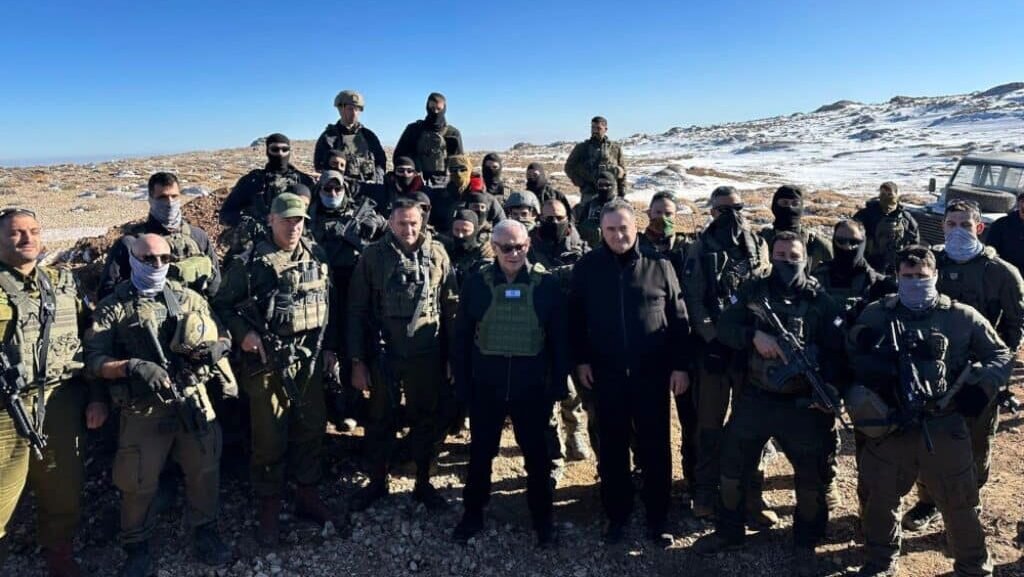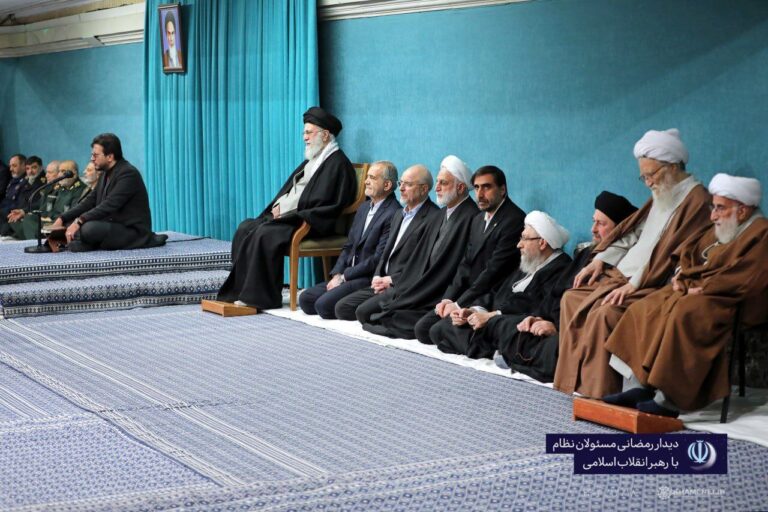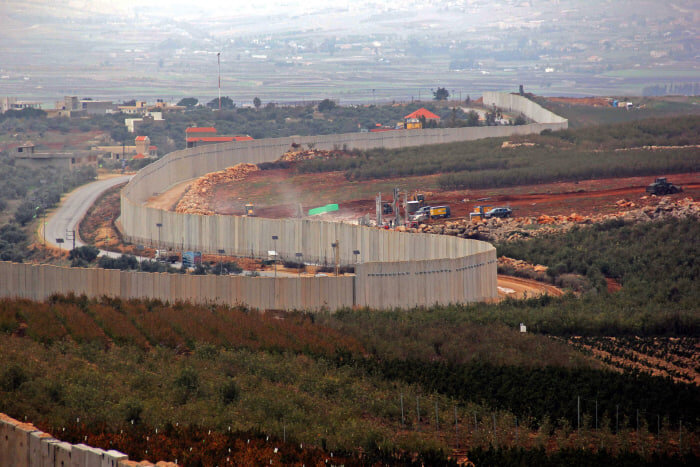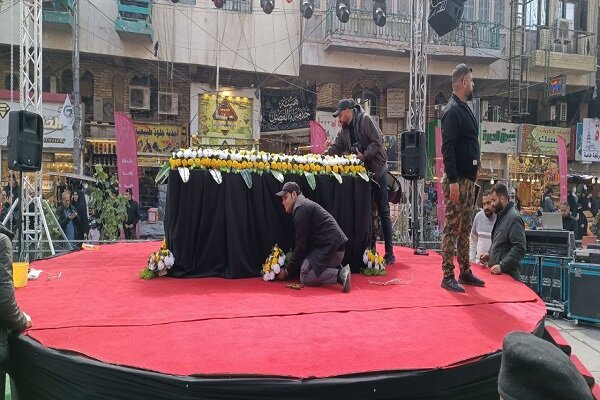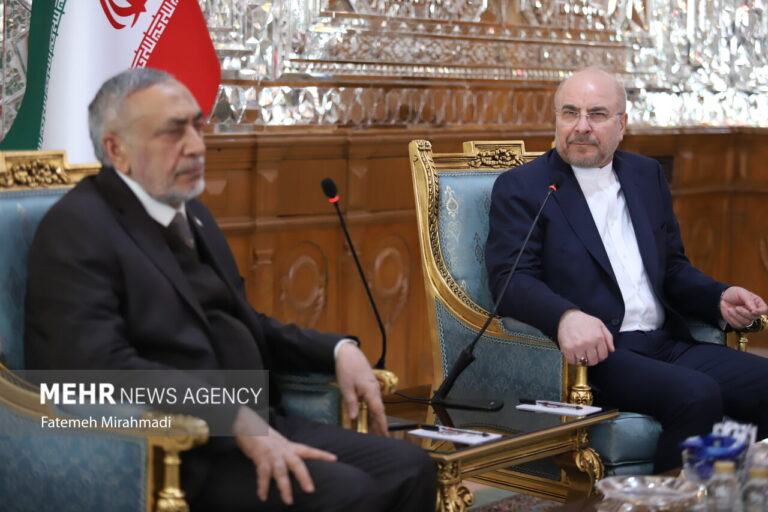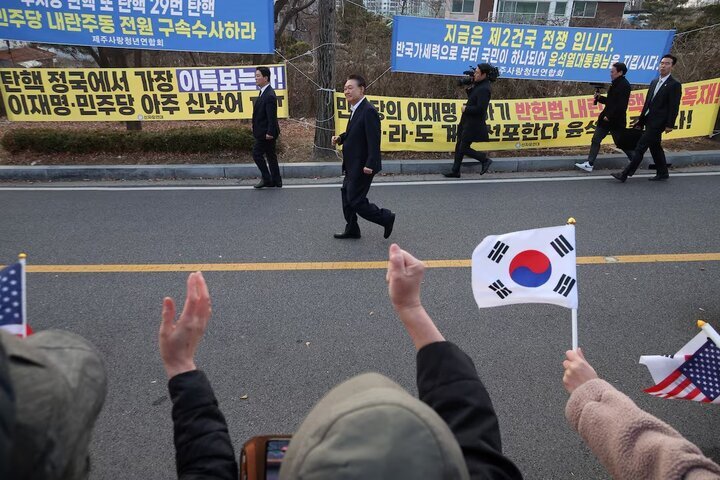Rising Resistance: Israeli Forces Encounter Escalating Challenges in Syria Amidst Fire and Fury
The recent escalation of conflict in southern Syria highlights the ongoing tensions between Israeli forces and local resistance groups. This unprecedented attack on Israeli troops is a significant development since their December land incursion into Syria, a move that has drawn widespread condemnation and warnings regarding the consequences of continued occupation. According to the Israeli army, the incident occurred on Friday evening when its troops stationed in a buffer zone faced unexpected fire, marking the first such confrontation since their military offensive began.
On Saturday morning, a group known as the “Syrian Resistance” took responsibility for the attack, as reported by Lebanese media. The group stated, “We have begun our operations against the Israeli enemy,” emphasizing their commitment to resisting Israel’s presence in Syria. The Syrian Resistance declared, “The Syrian Resistance will not allow Israel to occupy our land.” This declaration signifies a renewed determination among Syrian factions to challenge the Israeli military’s actions.
Following the overthrow of President Bashar Assad’s government by rebel groups led by Hayat Tahrir al-Sham (HTS) on December 8, Israel escalated its military operations in Syria. The Israeli army conducted numerous airstrikes, targeting various military installations across the country. Israel justified these actions by claiming they were necessary to prevent advanced military equipment from being acquired by hostile forces.
In addition to airstrikes, Israel deployed ground forces into a UN-patrolled buffer zone in the occupied Golan Heights. This military presence has been extended to various regions of Syrian territory, including strategically important areas such as Mount Hermon (Jabal al-Shaykh). Israeli officials contend that their occupation aims to secure the safety of their borders. During a visit to Mount Hermon in late January, Israeli war minister Israel Katz stated that the IDF (Israel Defense Forces) would maintain a presence in the area indefinitely, asserting, “The security of the communities of the Golan Heights and the north, and all the residents of Israel, will be ensured.”
Prior to the attack on Friday, there was a notable rise in public outrage over Israel’s military actions and occupation. In various towns and villages under Israeli control, protests erupted, condemning the regime’s military presence. These demonstrations reflect a broader sentiment among Syrians who are increasingly vocal about their opposition to foreign occupation.
In response to the situation, Iran’s Leader, Ayatollah Seyyed Ali Khamenei, has made strong statements regarding the inevitability of Israel’s withdrawal from Syria. In a speech delivered in December, he remarked, “This unimpeded movement is not a victory, of course. Without a doubt, the proud and brave Syrian youth will drive you out of there.” His comments underline the belief that the Syrian people will ultimately reclaim their territory from foreign occupiers.
It is important to note that Israel’s military actions in Syria violate the 1974 agreement established between the two nations. The United Nations and several countries have called for Israel to withdraw from the region, yet Israel has largely ignored these international appeals. The attack on Israeli forces this past Friday may signal a shift in the dynamics of resistance in Syria, potentially leading to further confrontations as local groups seek to liberate their homeland from foreign occupation.
Key points to consider regarding the current situation in southern Syria include:
- Attack on Israeli Forces: The Syrian Resistance claimed responsibility for the attack, signaling a new phase of resistance against Israel.
- Ongoing Military Operations: Israel has increased its military presence in Syria, conducting airstrikes and deploying ground forces.
- Public Sentiment: There is growing anger among Syrians regarding Israel’s occupation, leading to protests in affected areas.
- International Reactions: The United Nations and other countries have called for an end to Israel’s military actions in Syria.
- Future Implications: The recent attack may inspire more coordinated efforts by Syrian groups to challenge Israeli forces.
In conclusion, the conflict in southern Syria remains complex and fraught with tension. As the Syrian Resistance gains momentum, the potential for further confrontations with Israeli forces appears increasingly likely. This ongoing struggle underscores the deep-rooted issues surrounding occupation and sovereignty in the region.
